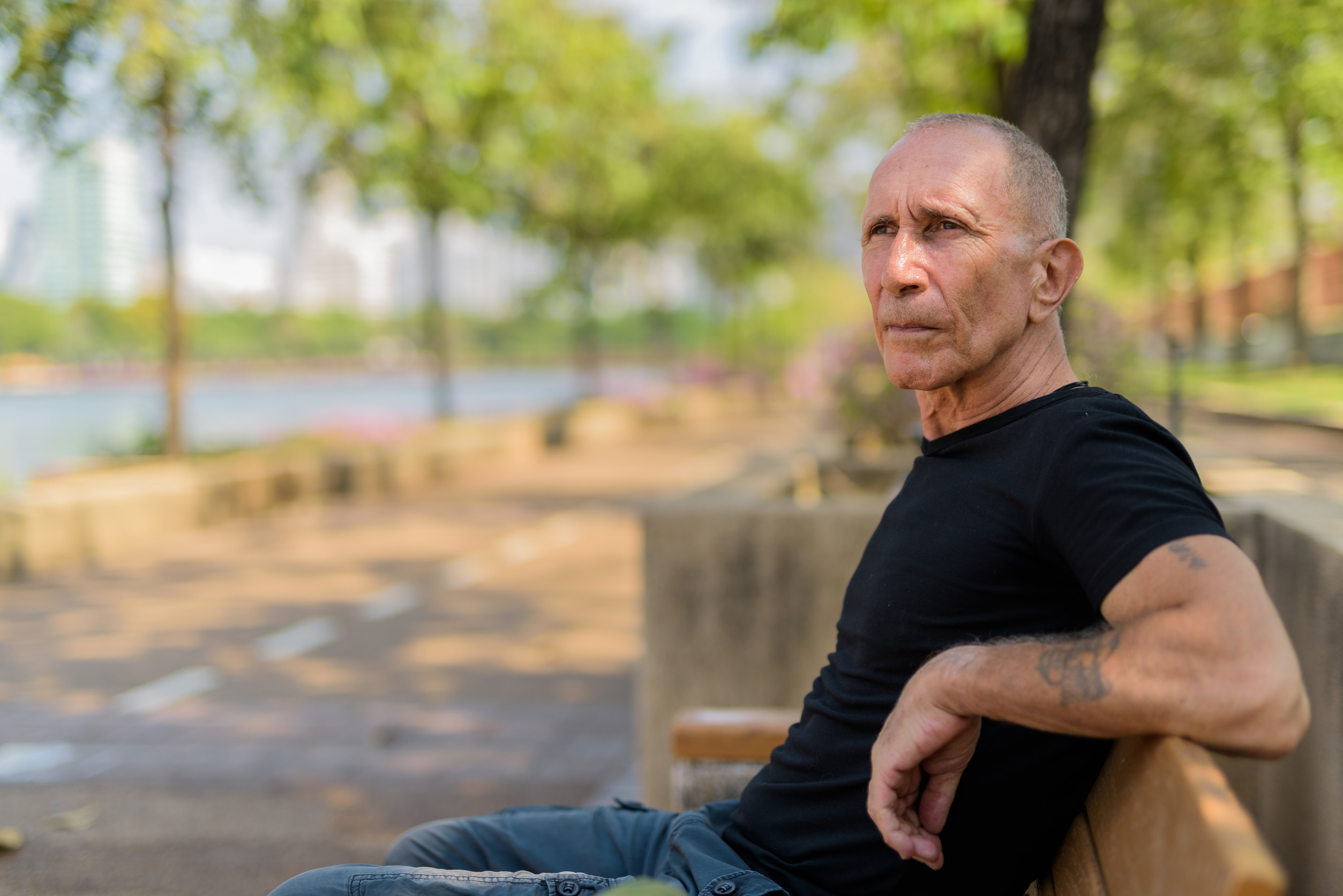
Image Source: 123rf.com
It’s not uncommon to find yourself in a financial rut by the time you hit 50, especially if you’re just starting to consider your wealth-building strategies now. Whether you’re dealing with debt, limited savings, or missed opportunities, the reality can feel overwhelming. But the truth is, the earlier you start planning your financial future, the better off you’ll be.
If you’re feeling “penniless at 50,” you’re not alone, but it’s important to look back and understand what you could have done differently—starting from your 30s. Here are 8 key things you should have done by 30 to have built a strong financial foundation for your future—and how you can still make moves today.
1. Started Investing Early
By the time you reach your 50s, the key to wealth is often compound interest. The earlier you begin investing, the more time your money has to grow. If you had started investing in your 30s, even small amounts would have had the chance to grow exponentially by the time you hit 50. Whether it’s through stocks, bonds, or retirement accounts like 401(k)s or IRAs, putting your money to work early is one of the most important financial moves you can make.
If you’re starting late, don’t panic. Even though you’ve missed out on years of growth, it’s never too late to begin. Start investing now to give yourself the best shot at building a retirement fund for the future.
2. Built an Emergency Fund
One of the best things you could have done by 30 was to create an emergency fund. Life throws curveballs, and an emergency fund provides a financial cushion for when things go wrong, whether it’s a medical emergency, a car repair, or unexpected job loss. If you had started building that fund in your 30s, you would have less financial stress now, especially if you’ve been hit with unexpected events over the years.
It’s never too late to start. Begin small, and aim for at least three to six months’ worth of living expenses. This fund will give you financial freedom and security, no matter your age.
3. Saved for Retirement Religiously
Retirement may feel like a distant concern in your 30s, but the reality is that the sooner you start saving, the better. Contributing to a retirement account such as a 401(k) or an IRA while you’re in your 30s would have given you a huge advantage. The younger you are when you start saving, the more time your money has to grow, and the easier it will be to retire comfortably.
If you missed that opportunity, don’t despair—take action today. Start contributing to your retirement account, and if you’re able, catch up on contributions. Many retirement accounts allow for “catch-up” contributions after 50, so take advantage of these provisions to make up for lost time.
4. Developed Multiple Income Streams

Image Source: 123rf.com
Relying on one income source can limit your wealth potential. By 30, you could have started developing multiple income streams to build your wealth. This could include side businesses, freelance work, or passive income sources like rental properties or dividends from investments. Having multiple income sources makes you less reliant on a single paycheck and can help grow your wealth much faster.
It’s not too late to develop multiple streams of income—whether it’s through a part-time business, an investment, or learning new skills to make more money at your job. Focus on income diversity and find ways to generate additional revenue in your 50s to build up your wealth.
5. Controlled Your Spending
By 30, you should have developed the discipline to control your spending. Living below your means and avoiding lifestyle inflation would have allowed you to save and invest more. Many people get stuck in the cycle of upgrading their lifestyle every time they get a raise, but this often leads to living paycheck to paycheck with little to show for it.
If you didn’t start saving and budgeting by 30, it’s time to get serious about your finances or be filled with even more regret. Track your spending, identify areas to cut back, and prioritize saving and investing. It’s not about depriving yourself but about making smarter choices for long-term financial freedom.
6. Avoided Bad Debt
Having a mortgage or a reasonable car loan is one thing, but high-interest credit card debt, payday loans, or other forms of bad debt can drain your finances. By 30, you should have started paying off high-interest debts quickly and avoided unnecessary loans. Good debt (like a mortgage) can help you build wealth, but bad debt holds you back from financial independence.
It’s not too late to tackle your debt. Pay off high-interest loans as quickly as possible, and work on improving your credit score. The less debt you carry, the more you can allocate toward savings and investments.
7. Created a Financial Plan
A solid financial plan helps you stay focused on your goals and achieve financial independence. By 30, you should have already set clear goals for your finances: saving for retirement, buying a home, paying off debt, or starting a business. A financial plan is essential for tracking your progress and making sure you’re staying on course.
Even if you’re behind, start developing a financial plan now. Identify your goals and map out a strategy to achieve them. Working with a financial planner or using budgeting tools can help you stay organized and motivated.
8. Learned About Taxes and Tax Strategies
Many people wait until they’re much older to learn about the impact taxes have on their income, investments, and savings. By 30, you should have started educating yourself on tax strategies that can help you minimize taxes and increase savings. Whether it’s through tax-advantaged accounts like a 401(k) or learning how to invest in a tax-efficient manner, understanding taxes is a key to building wealth.
If you missed out on this in your 30s, it’s not too late to start. Read up on tax strategies or consult with a tax professional to maximize your savings going forward.
It’s Never Too Late to Take Control
Being penniless at 50 may feel overwhelming, but it doesn’t mean it’s too late to take action. While you can’t go back and start building wealth at 30, you can certainly take steps today to improve your financial future. Start by reviewing the things you should have done by 30 and focus on building habits that will help you catch up and secure your financial independence. It’s never too late to make the necessary changes that will set you on the path to financial freedom.
Are you 50 or older and have no savings? What steps are you taking to ensure your financial future? Tell us more in the comments below.
Read More:
9 Tough Decisions You’ll Have to Make When Your Parents Can’t Afford to Retire
Cold Hard Facts: 12 Unexpected Complications of Electric Scooters

Latrice is a dedicated professional with a rich background in social work, complemented by an Associate Degree in the field. Her journey has been uniquely shaped by the rewarding experience of being a stay-at-home mom to her two children, aged 13 and 5. This role has not only been a testament to her commitment to family but has also provided her with invaluable life lessons and insights.
As a mother, Latrice has embraced the opportunity to educate her children on essential life skills, with a special focus on financial literacy, the nuances of life, and the importance of inner peace.
Leave a Reply